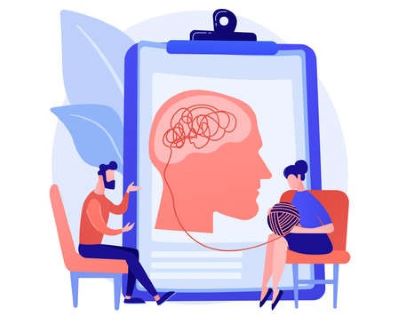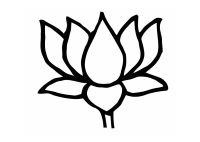Types of Therapy
Cognitive-Behavioral Therapy (CBT) is a relatively short-term, focused form of therapy for a wide range of psychological issues including depression, anxiety, anger, relationship conflict, loneliness, panic, fear, dependence, and personality issues. CBT focuses on how my clients are thinking, behaving, and communicating today rather than on their early childhood experiences, which helps them identify and overcome specific distortions and biases in thinking. I routinely use CBT to teach my clients effective self-help skills that are subsequently refined through homework assignments, tasks that help them reframe the way they think, feel and behave. CBT is action-oriented, practical, rational, and helps my clients gain independence and effectively deal with real-life issues.

Psychodynamic Therapy, also known as insight-oriented therapy, focuses on unconscious processes as they are manifested through present behavior. I use psychodynamic therapy to increase my clients’ self-awareness and understanding of how the past informs their current lives. A psychodynamic approach helps my clients examine unresolved conflicts while exploring how past dysfunctional relationships are reflected in current patterns of thinking and behavior.

Solution Focused Therapy (SFT) focuses on what clients want to achieve through therapy rather than on the problems that made them seek help. With this approach, I don’t focus on the past; instead, I focus on the present and future. I use respectful curiosity to invite my clients to envision their preferred future and then help them plan steps to achieve it, whether through small or large changes. To support this, I ask my clients questions about past successes in overcoming their problems, while also focusing on their strengths and resources.

